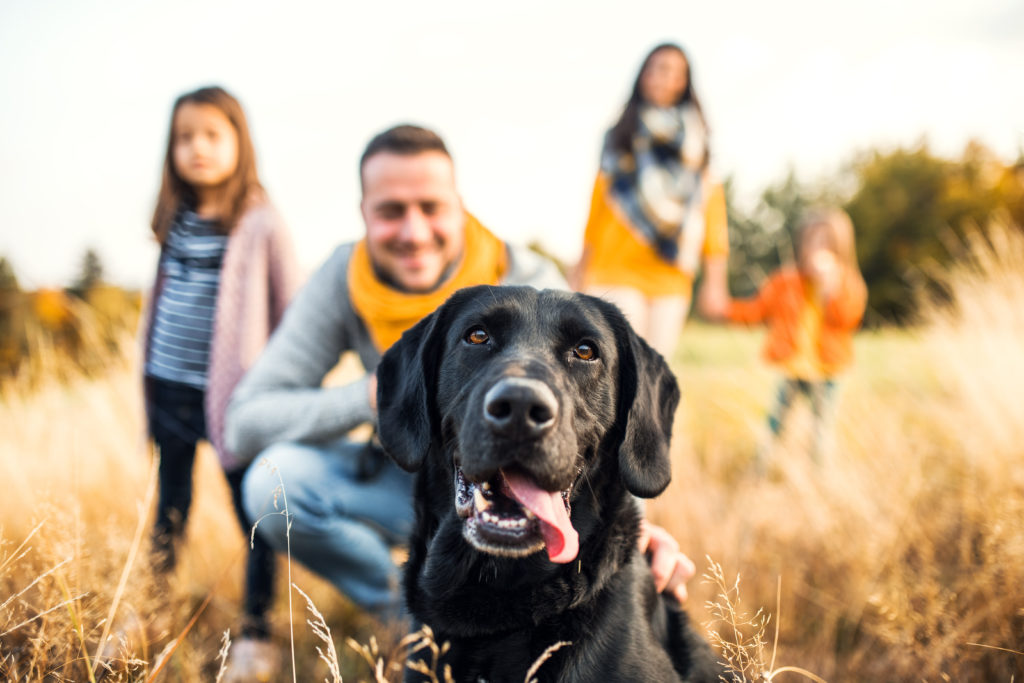Change is a normal part of getting older for any animal, including dogs. Of course, not every dog is going to experience all the age-related changes and each dog will age differently to others.
The way that your dog ages will depend on a number of factors including his or her environment, general health, and genetics. Your dog’s breed or combination of breeds will also have an impact on the changes that you should expect. For example, certain dog breeds are more susceptible to issues like cancer or heart problems as they get older.
So, what can you expect to change for your dog as they get older? Here are some common things that occur with aging dogs.
Different nutritional needs:
Compared to when he or she was younger, an older dog will generally require fewer calories. If you continue to feed your dog the same amount as you used to as he ages, chances are that he will gain weight, particularly if your dog is less active into his old age. It’s important to adjust your dog’s diet accordingly as obesity in dogs can be a serious problem that leads to various health problems like arthritis and heart disease.
You may want to consider switching your senior dog onto a raw food diet filled with all the nutrition they need as they age. Consider senior dog food from companies like Bella and Duke. As an example, Bella and Duke provide raw senior dog food that is pre-prepared, pre-packed, and easy to serve.
Muscular problems and arthritis:
As dogs get older, arthritis is often quite a common problem. And it can affect your dog’s life to various degrees from mild stiffness upon waking up to debilitating pain and discomfort that could slow your dog down from doing the things that she used to do.
The good news is that there are several supplements you can give your dog to make him more comfortable if he is suffering from arthritis, including glucosamine. Your vet may also prescribe your dog with anti-inflammatory painkillers. You might also want to consider investing in a specially designed orthopaedic bed for your dog to make her more comfortable by distributing her weight more evenly.
Changes to the coat:
Many dogs will start to go a little grey as they get older, particularly around the eyes and on the muzzle. You might also notice some other changes to your dog’s coat as he ages, including a thinner coat than it once was.
However, a thinning coat can also be a sign of more serious problems, so if you notice that your dog is losing their hair in a substantial amount or their coat is suddenly a lot thinner than usual, it’s worth paying a visit to the vet.
Dental issues:
Routine dental care becomes even more important for dogs as they get older, with dental disease increasingly common in older dogs. Your dog shouldn’t have bad breath as he gets older, and smelly breath can be a common sign of gum disease, which can have serious implications on other aspects of your dog’s health if left untreated.
Gum disease can affect the lungs, heart, kidney, and other vital organs and even contribute to life-threatening health issues. Proper oral hygiene is the best way to reduce your older dog’s risk of developing gum disease and taking your dog to the vet to have his teeth cleaned also gives your vet the opportunity to examine his mouth for any potential signs of disease.
Heart problems:
Much like humans, as your dog gets older, her internal organs may not be able to function as well as they once did. Your dog’s heart might become less efficient and the heart valves are likely to lose some of their elasticity. Some heart changes are just a normal part of aging and will not usually pose any cause for concern with the right care, however, if your dog is of a breed that is more prone to heart problems or has had problems with his heart when he was younger, it’s a good idea to talk to your vet about regular screening for heart disease and other heart-specific care plans that you can put in place to ensure that your dog’s heart stays healthy for as long as possible.
When to see a vet:
Most of the changes that you see occur in your dog as they age are normal and should not usually be a cause for concern. However, if your dog experiences a sudden loss of appetite or weight, is eating more than usual without gaining weight, drinking more than usual, coughing or panting a lot, or has vomiting or diarrhea that lasts for more than a day, it’s worth taking them to see the vet. For most dogs, physical changes are all a normal part of getting older.
Understanding what to expect will help you give your dog the best care as they age
